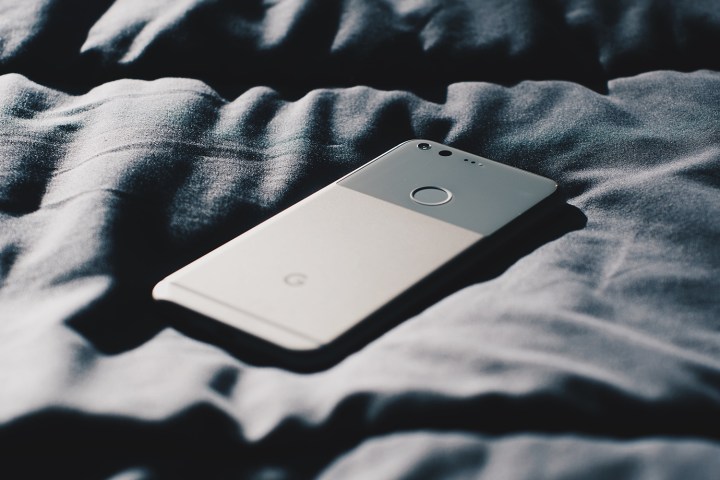
The current generation of Pixel phones — the Pixel and Pixel XL — pack chips optimized by Google but supplied by Qualcomm, which produces silicon for HTC, LG, Asus, Lenovo, and other smartphone competitors.
Google has reportedly long desired to break free of the chipmaker’s monopolistic grip. In 2015, The Information reported that Google had conversations with chip manufacturers about fabricating its own chips. And in an interview with Google hardware chief Rick Osterloh, Bloomberg reported that planned that the company was planning Pixel devices powered by proprietary processors and other hardware components.
Gulati could be the man for the job. The Cupertino, California-based computer maker began working at Apple in 2009, and led the company’s effort to build custom chips for the iPad, iPhone, and Apple TV. He helped to design the architecture of the A4 chip in 2010, the first Apple-designed chip to power one of the company’s products. And he’s credited as an inventor on 15 of Apple’s chip-related patents, including a hardware-based system for Apple Pay that securely stores a user’s fingerprint on the iPhone.
Google’s efforts appear to be accelerating. Variety notes that the search giant has posted job offers for chip-related design positions, including one for a “mobile SoC CPU architect” and a “mobile SoC architect,” who will “help define the architecture of future generations of phone and tablet” chips.
Ultimately, Google wants to exert greater control over the microchips that power its Pixel devices; Apple’s custom approach makes it possible to optimize processors for both performance and energy consumption. It has already made overtures — In May 2016, Google unveiled a custom chip — a Tensor Processing Unit, or TPU — designed to accelerate machine learning and artificial intelligence applications. Google says that TPUs, which were implemented in the company’s data centers last year, have helped to improved the accuracy of map and navigation aids in Street View and the relevancy of Google search results.
But the search giant’s smartphone chip plans might not come to fruition this year. Rumor it that Google’s next Pixel smartphones, the Pixel 2 and Pixel 2B, sport processors from Qualcomm, Intel, or a combination of the two.
Editors' Recommendations
- Google witness accidentally reveals how much Apple gets for Safari search
- Apple and Google are teaming up to make tracking devices less creepy
- The U.K. wants to break up Google and Apple’s cloud gaming stranglehold
- Apple AirPods Pro 2 vs. Google Pixel Buds Pro
- Sorry, Google — Apple is right to keep ignoring RCS for the iPhone
